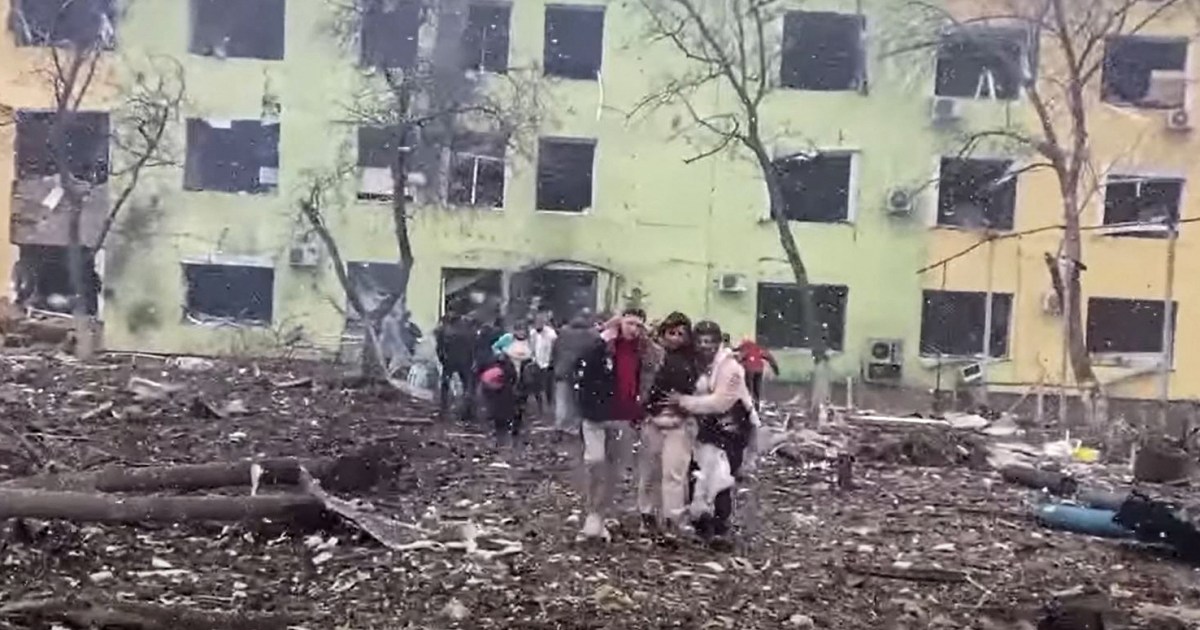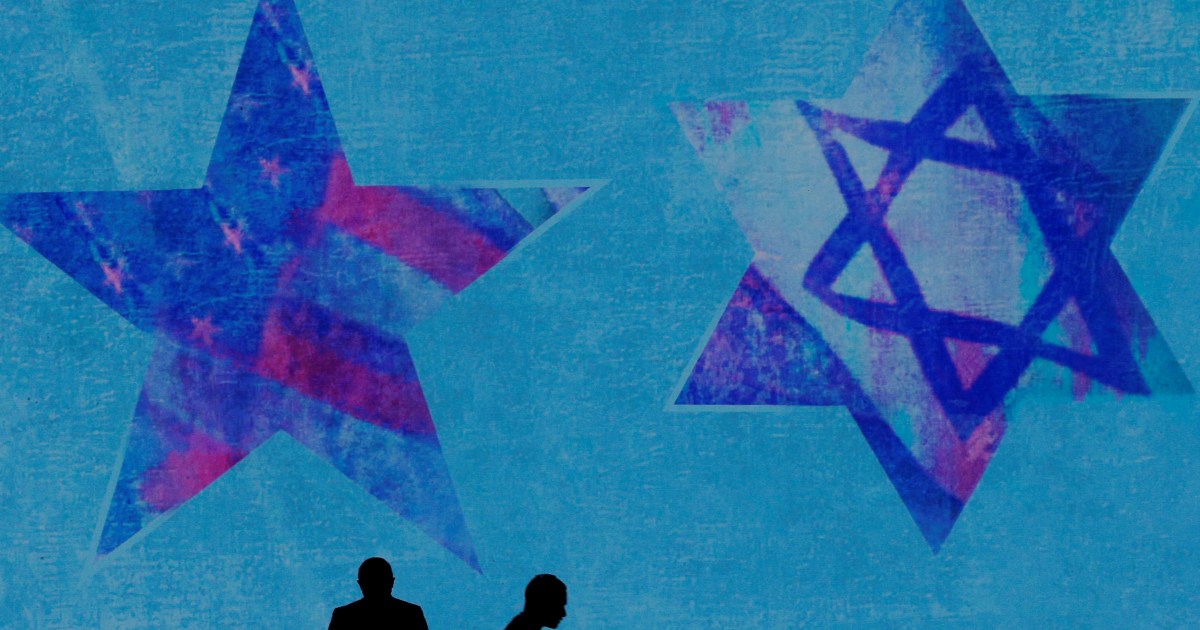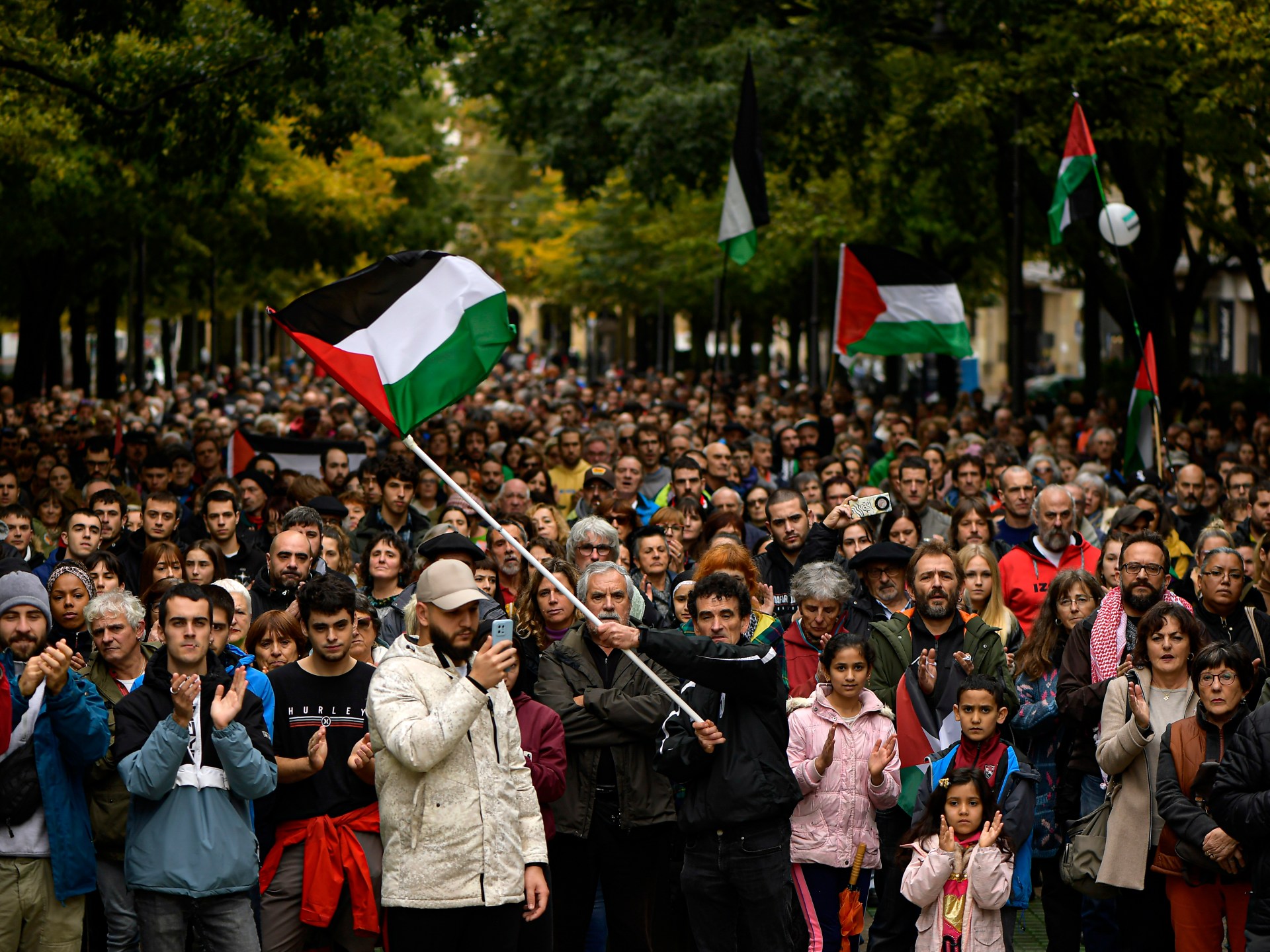Mariupol: Stranded under siege
As the Russia-Ukraine war enters its fourth week, the majority of the population of Mariupol remain trapped in the besieged city, under near-constant bombardment, cut off from electricity, heating and phone coverage, and with food, water and medications fast running out. Earth-shattering shelling and aerial bombardments have directly damaged countless apartment buildings and blown out the windows in many more.
Safety is almost impossible to find, as it appears civilians may be being targeted deliberately. Since the bombardment of Mariupol began on February 24, Ukrainian officials estimate that 2,500 people have been killed and many more wounded.
With night-time temperatures below zero and heating systems no longer functioning, the temperature inside people’s flats and in their basements is now the same as outside – freezing.
The Médecins Sans Frontières (Doctors Without Borders, MSF) team in the city and their families have also been sheltering for hours on end in the office basement, the fear palpable in their voices when we’re able to contact them.
In the few hours a day when the bombing stops, the struggle to survive overcomes the fear and those who can, emerge from underground to try to find what little food, medicine and care remains in the city, to cut firewood, and collect water from streams, springs or melted snow.
MSF teams have made a few trips out to assess the situation, to donate the remaining medical supplies they have and to offer help and care to those in need.
There are many vulnerable people unable or unwilling to leave their homes. The situation is especially dire for the elderly and those with disabilities who are dependent on others for help and care, including to find food, water and wood to make fires. The reports we received from our trapped staff are hard to listen to.
For weeks, almost no one has been able to get into, or out of, the city, and that includes aid workers and others trying to bring in basic supplies.
The siege has effectively entrapped the population. They have been denied the right to flee to safety and are cut off from access to basic necessities needed for survival.
After Deraa, Darayya, Raqqa, Kabul, Sarajevo and so many other conflicts, it is now Mariupol’s turn. Several attempts to create a safe passage for those trapped inside Mariupol fell through before authorities reported that thousands of people (including some MSF staff and their families) were able to leave the city under shelling through a one-off safe passage on March 14.
Every conflict is unique but MSF has learned firsthand that one-off safe passage is not enough. While it may be helpful for those willing or able to leave, provided that so-called humanitarian corridors are not targeted of course, what happens to civilians unable or unwilling to leave is a major concern.
Among those are medical staff choosing to remain to take care of the sick and wounded. Such passages depend on the goodwill of all the parties to the conflict, which is clearly in short supply. Furthermore, provision of these passages cannot, and must not, absolve all involved of their responsibilities to afford protection to the hundreds of thousands who remain trapped inside the besieged city.
Regardless of temporary truces, international law requires all belligerents to make every effort to spare all civilians at all times. MSF and other humanitarian organisations are ready to provide much-needed supplies and support to Mariupol but we urgently need assurances from all parties that our teams will be permitted safe passage. So while we are busy assisting in other areas of Ukraine, with Mariupol, we are left feeling helpless, watching the catastrophic destruction and tragic loss of lives while repeatedly calling for the safety of civilians and respect of international humanitarian law. But once again, we call on all parties with the power to make this happen, to ensure it does while there are still people to save in Mariupol.
The views expressed in this article are the author’s own and do not necessarily reflect Al Jazeera’s editorial stance.




